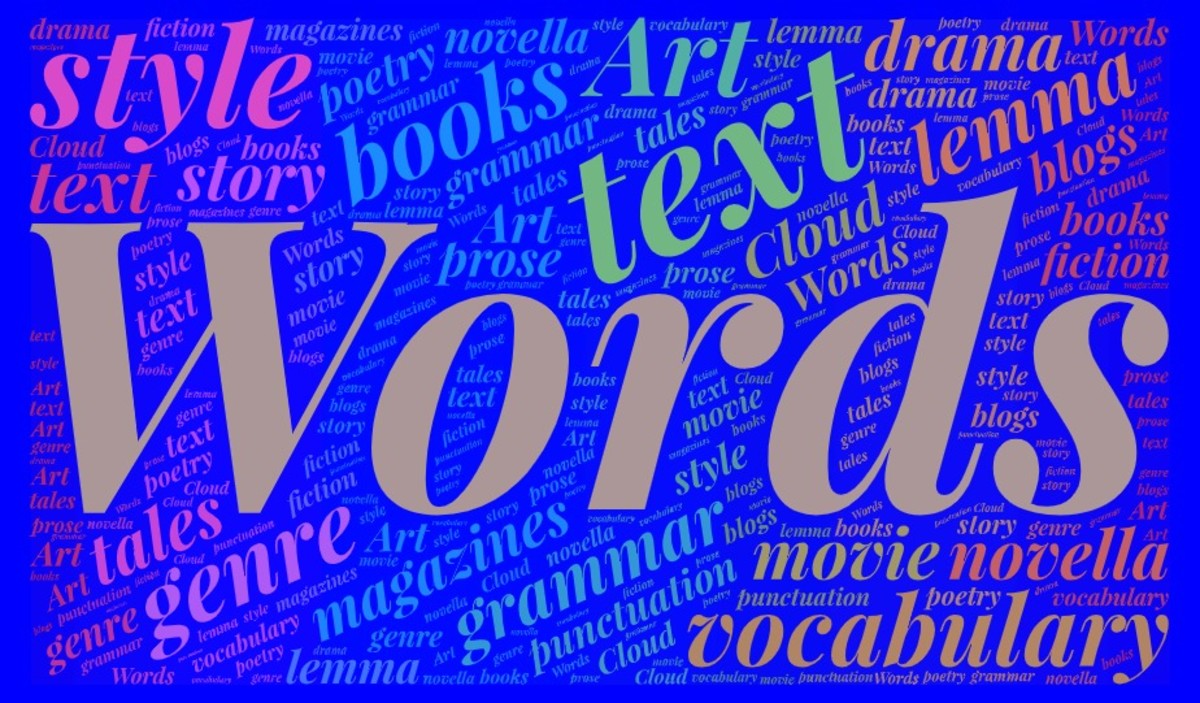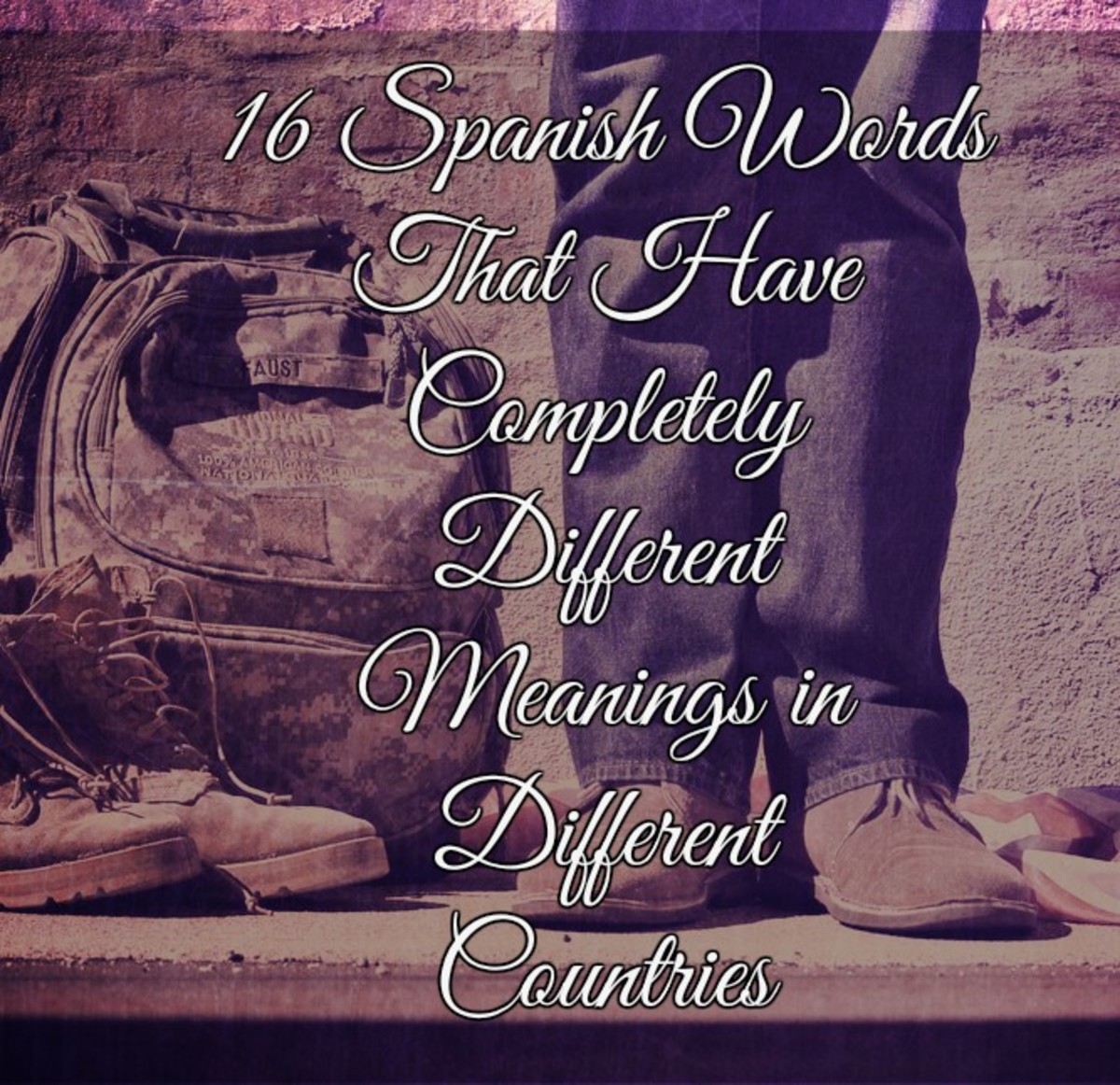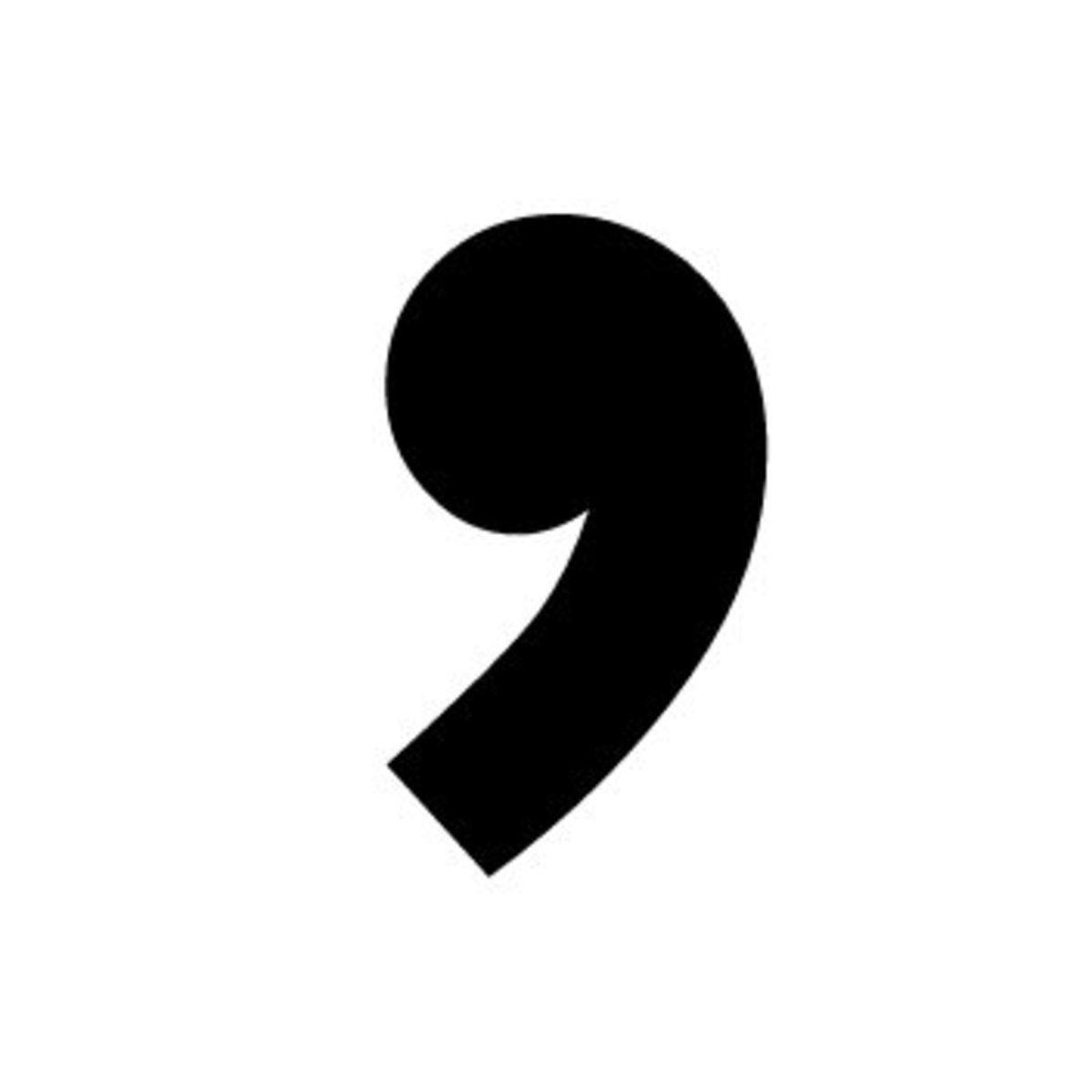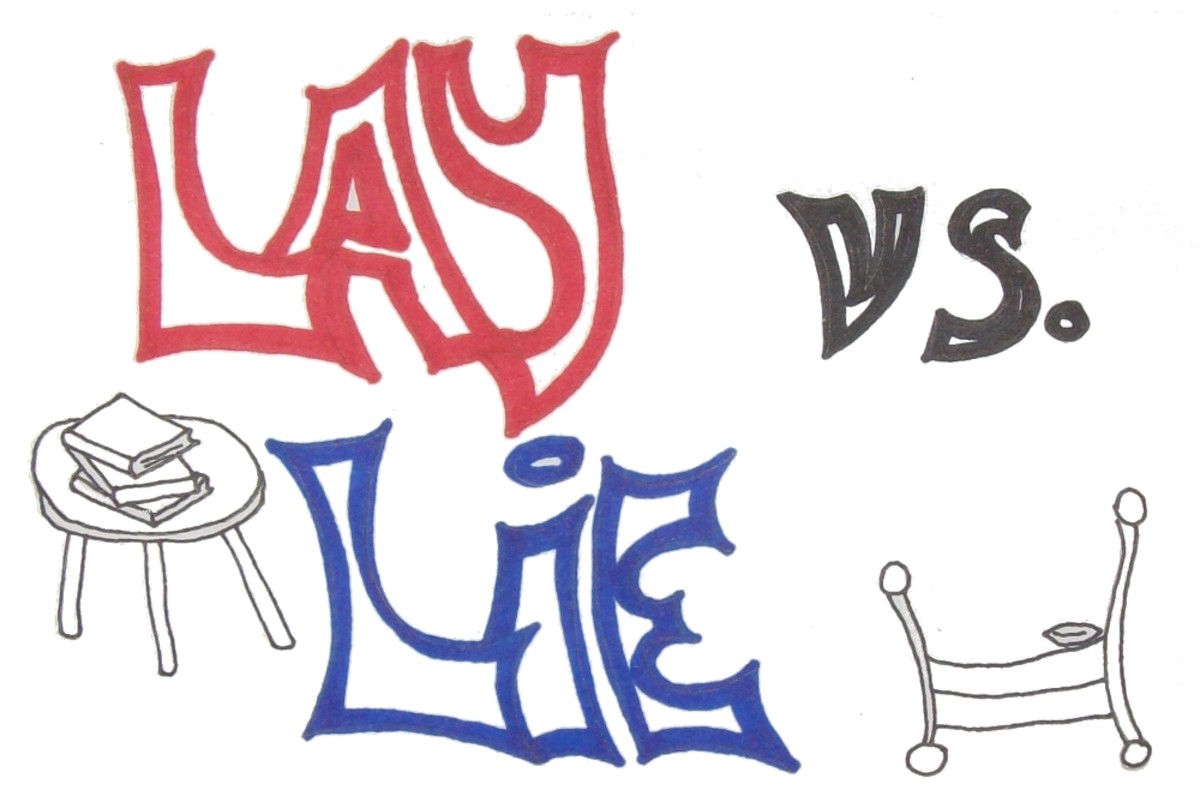- HubPages»
- Books, Literature, and Writing»
- Commercial & Creative Writing»
- Word Usage & Grammar
How to Use Synonyms like an Expert?
Few hubs earlier, I shared a massive list of 800+ synonyms for 30 most overused words with you. I picked those words because I noticed these words were in abundance in all forms of writings; blogs, articles, website content, etc.
Though after I posted the hub, I realized that it was just half work done. I supplied the tools to work with but I didn’t explain the usage properly. Half knowledge is more dangerous than no knowledge. Thus, in this hub, we will discuss how to use synonyms effectively.
As we already know, synonyms are the words with the same or similar meaning. A single word can have more than 50 synonyms but the majority of them will have different connotations and usage. However, the question arises that why should one word has so many synonyms in the first place?
Thus, let us find out why synonyms are used rather why should you use these synonyms?
Why Use Synonyms?
Synonyms are used because they have a wide range of benefits to offer to the writers. Some of the benefits of the same are mentioned below.
Synonyms can be used:
- To enhance the quality of your write-up.
- To avoid plagiarism.
- To avoid boring words.
- To avoid repetition.
- To improve communication with your readers.
- To improve clarity in your expression.
- To enhance your writing style (make it crisp, tight, and captivating).
- To bring variety to your write-ups.
How to Use Synonyms?
Now that you are clear that almost every word has a synonym and these synonyms have various benefits.
Now, the next questions that arise are, how to use synonyms?
When every synonym has a similar meaning, then how to determine which synonym to use and where?
Yes, the use of synonyms can be tricky. Not every synonym can be used as an alternative all the time.
Thus, considering the following factors and criteria can help you determine the usage of synonyms in general.
i. Connotation
The connotation of a word is underlying, associated or secondary meaning, feeling, or idea of the word along with its explicit one.
Synonyms mean the same thing but their connotations might be drastically different. Sometimes similar words have different implications. Synonyms are used to express intention, objective, and situation as well.
For Example
Synonym
| Meaning
| Usage
|
|---|---|---|
Look
| to turn one’s eyes in a certain direction.
| He looked at me inquiringly during the class.
|
Glance
| to look at something for a short moment in a quick and brief way.
| He gave a side glance and then returned to his book.
|
Scrutinized
| to see and examine something in detail with critical and careful attention.
| He scrutinized the examination answer papers and marked them properly.
|
Stare
| to look intently at a fixed direction, object or person, especially open wide eyes.
| He was staring at me while I was leaving the canteen.
|
Peek
| to look at something secretly or discreetly (from a concealed position).
| She peeked through key hole while I guarded the hallway.
|
All the above words mean "to look" or "to see" but every word has a distinct connotation.
Now, let us focus on the types of connotations. Mainly there are three types of connotations: positive, negative, and neutral. Sometimes synonymous words can have positive or negative implications.
For Example
Synonym
| Meaning
| Usage
|
|---|---|---|
Stench
| a strong and unpleasant smell.
| the stench coming from the kitchen bin was awful and nauseating.
|
Odor
| a distinctive smell specially associated with bad things.
| As he entered the room, his body odor compelled us to leave.
|
Aroma
| a strong pleasant smell, especially linked to food and drinks.
| Ben loves to relish the aroma of wine.
|
Fragrance
| a sweet and pleasant scent usually associated with flowers, food, and artificial scent.
| I love the fragrance of jasmine.
|
ii. Type of writing
Your choice of synonyms highly depends on the type of writing. Be it persuasive, creative, descriptive, narrative, informative, or expository; you need to pick your words accordingly. Every type of writing demands a different style of approach. In some cases, you have to use very definitive words while others demand vague or descriptive synonyms.
For example:
Informative: Trees are crucial to save our environment. They provide us fresh air to breathe, food, shelter from sunlight, and bring rainfall.
Narrative: trees are essential for our and environmental existence. It is the trees that help us breathe in fresh and pure air. They provide us with delicious fruits to eat. They guard us against the scorching sunlight with their lush green leaves and branches. They bring rainfall that leads to fresh and clean drinking water.
iii. Audience
Your writing style and choice of synonyms should be determined n the basis of your audience. Before you start writing, determine your target audience; children, teenagers, young adults, middle-aged or elderly people. This will help you to realize the kind of words or synonyms you need to pick.
If you choose to write for children then your words and sentences should be elementary and easy. On the other hand, if you are writing for young adults then choose some advanced or difficult words.
For example:
Children: John wakes up early in the morning to enjoy the sunrise.
Adult: John punctually woke up before dawn to relish the dance of colors during the sunrise.
iv. Objective
Your objective of writing plays an important role. Your objective of writing a formal business letter to your employer/client or an informal letter to your childhood friend determines, which words or synonyms to pick.
Your choice of words will differ if you are describing an event, scene, setting, or a person (let us call it, informal style of writing). You will tend to pick decorative words; words with poetic sense ingrained in them or just casual words. However, if you are writing an academic journal, a research paper, an official report, or a school/college essay (formal style of writing) then your words will be on a serious side.
For example:
Informal: I asked the counselor about the disaster management team’s preparedness. He said they are not trained enough to be ready.
Formal: When asked about the disaster management team’s preparedness, counselor Jeff replied they require more equipment and training.
Conclusion
All these considerations before choosing a synonym might sound complicated, confusing, and overwhelming. However, in reality, your choice of words or the way you pick your synonyms is a natural process in your daily life. You consider your surroundings and audience before you speak (sometimes subconsciously). Writing is no different while choosing a synonym. A careful and meditated effort will help you seek and find the appropriate synonyms.
Moreover, if one word could express all your feelings, emotions, thoughts, and ideas then there wouldn't have been 1.7 million words stacked in the Oxford English Dictionary. Thus, try to use synonyms as effectively as possible. Use them with authority to utilize their optimum potential and enhance your writing as well.
This content is accurate and true to the best of the author’s knowledge and is not meant to substitute for formal and individualized advice from a qualified professional.
© 2020 Arnaba Saha








